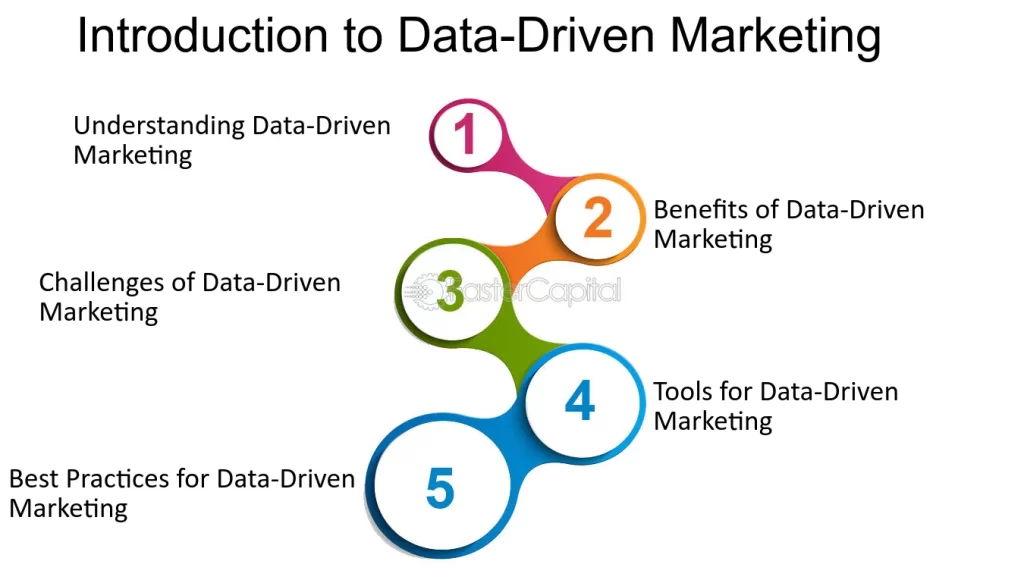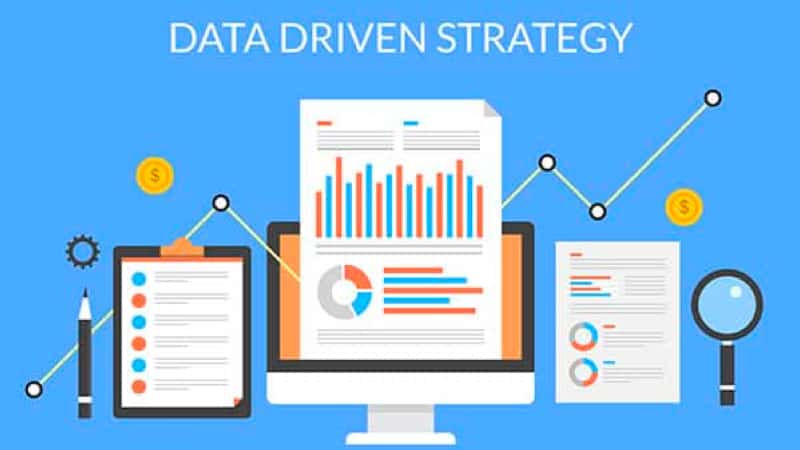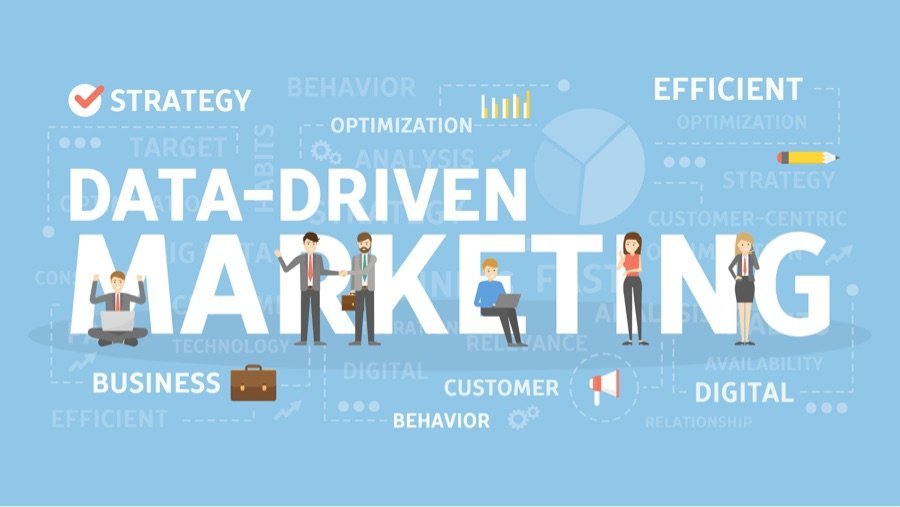AUTHOR : BELLA
DATE : FEBRUARY 24, 2024

Introduction to Payment Processor Data-Driven Marketing
Beyond their primary function, these platforms accumulate vast amounts of valuable data regarding consumer behavior, preferences, and purchasing patterns. Leveraging this data for marketing purposes has emerged as a powerful tool for businesses seeking to optimize their marketing strategies.
Understanding the Role of Payment Processors in India
In India, the landscape of payment processors has undergone a significant transformation with the rise of digital payment platforms. From traditional banking channels to mobile wallets and UPI-based apps, consumers have a plethora of options at their disposal. This diversity not only reflects the evolving preferences of Indian consumers but also presents abundant opportunities for businesses to gather actionable insights through these channels.
Importance of Data-Driven Marketing in the Digital Era
In today’s digital age, data-driven marketing is crucial for competitive businesses. By harnessing the wealth of data generated through payment transactions, businesses can gain deeper insights into consumer behavior, preferences, and trends.
Advantages of Utilizing Payment Processor Data for Marketing

The utilization of payment processor data offers several distinct advantages for marketers. Firstly, it provides access to real-time transaction data, allowing for timely and relevant marketing interventions. Moreover, this data is often rich in detail, enabling marketers to segment their audience with precision and deliver personalized experiences tailored to individual preferences.
Challenges and Considerations
Despite its potential, leveraging payment processor data for marketing purposes comes with its own set of challenges. Ensuring compliance with data privacy regulations, safeguarding sensitive information, and navigating technical complexities are among the key considerations that businesses must address. Moreover, the dynamic nature of consumer behavior requires continuous adaptation and refinement of marketing strategies.
Strategies for Effective Data-Driven Marketing

To harness the full potential payment gateway[1] processor data, businesses must adopt strategic approaches tailored to their specific objectives. Segmenting customer data based on demographics, purchase history, and behavioral patterns enables targeted marketing initiatives. Personalization techniques, such as personalized recommendations and exclusive offers, can significantly enhance customer Data-Driven[2] engagement and loyalty. Additionally, deploying targeted campaigns through appropriate channels maximizes the impact of marketing efforts.
Successful Implementation of Payment Processor Data-Driven Marketing in India
Several businesses in India have successfully leveraged payment processor data to drive their marketing initiatives[3]. From e-commerce giants to fintech startups, diverse industries have witnessed tangible results through data-driven strategies. Case studies highlighting these success stories provide valuable insights and inspiration for businesses looking to embark on similar India endeavors.
Future Trends and Innovation

Looking ahead, the realm of payment processor data-driven strategies[4] marketing is poised for further innovation and evolution. Advances in artificial intelligence, machine learning, and predictive analytics hold promise for unlocking deeper insights and facilitating more sophisticated marketing[5] strategies. Additionally, the integration of emerging technologies such as blockchain and IoT presents new opportunities for improving data security and broadening data sources.
Conclusion
In conclusion, payment processor-driven, data-driven marketing presents a compelling opportunity for businesses in India to optimize their marketing efforts in the digital landscape. By harnessing the wealth of data derived through payment transactions, businesses can gain valuable insights into consumer behavior and preferences.
FAQs
- Is payment processor data-driven marketing compliant with data privacy regulations in India?
- Yes, businesses must ensure compliance with relevant data protection laws, such as the Personal Data Protection Bill, to protect consumer information.
- How can small businesses leverage payment processor data for marketing?
- Small businesses can start by examining transaction data to understand customer preferences and tailor marketing campaigns accordingly. Additionally, collaborating with payment processors or external analytics providers can facilitate access to practical insights.
- What are some common pitfalls to avoid when implementing data-driven marketing strategies?
- Common pitfalls include overlooking data privacy considerations, relying solely on historical data without accounting for evolving consumer behavior, and failing to interpret data accurately.
- How can businesses measure the effectiveness of their data-driven marketing initiatives?
- Businesses can track key performance indicators, such as conversion rates, customer retention, and return on investment, to assess the impact of their marketing strategies.
- Are there any emerging trends in payment processor data-driven marketing that businesses should be aware of?
- Emerging trends include the integration of voice commerce, augmented reality, and hyper-personalization techniques to enhance customer experiences and drive engagement.

